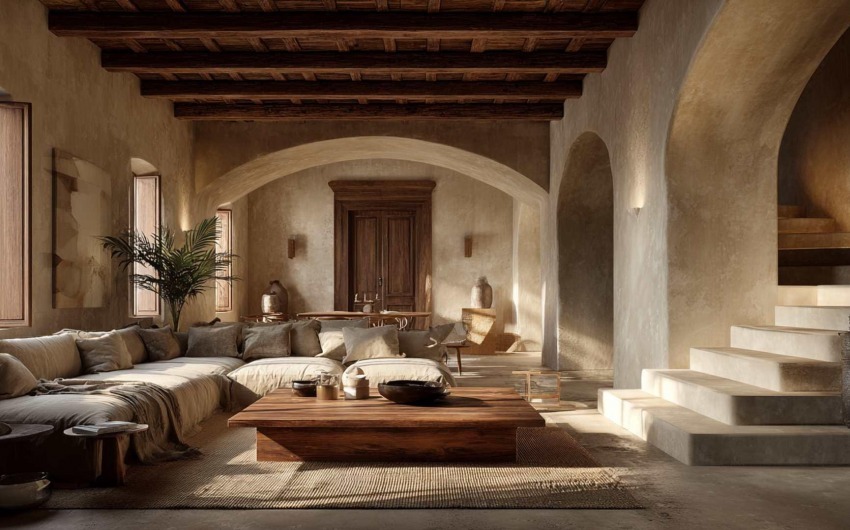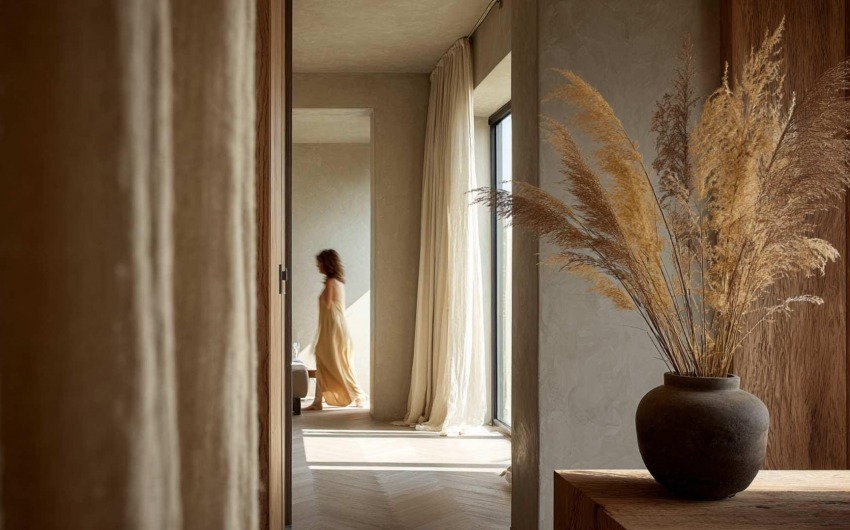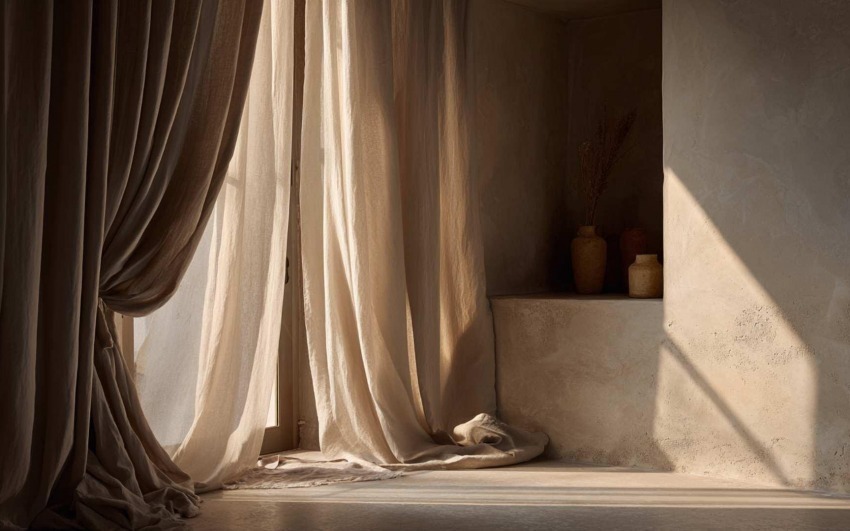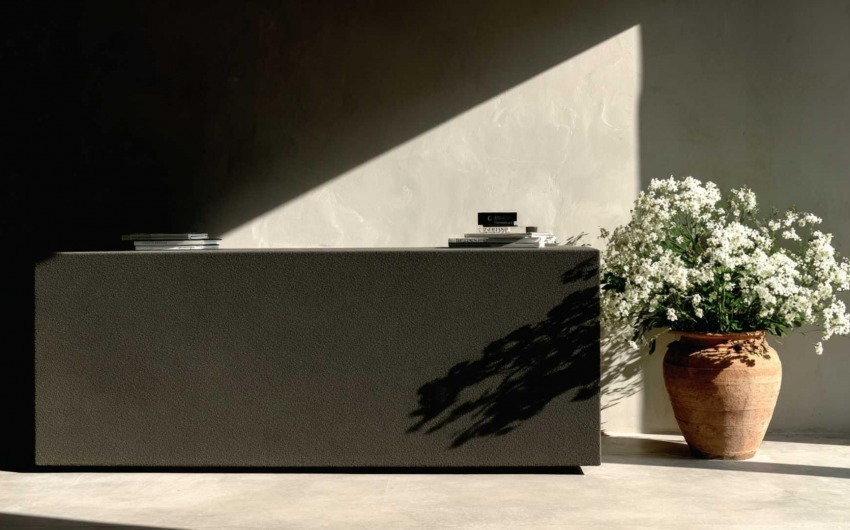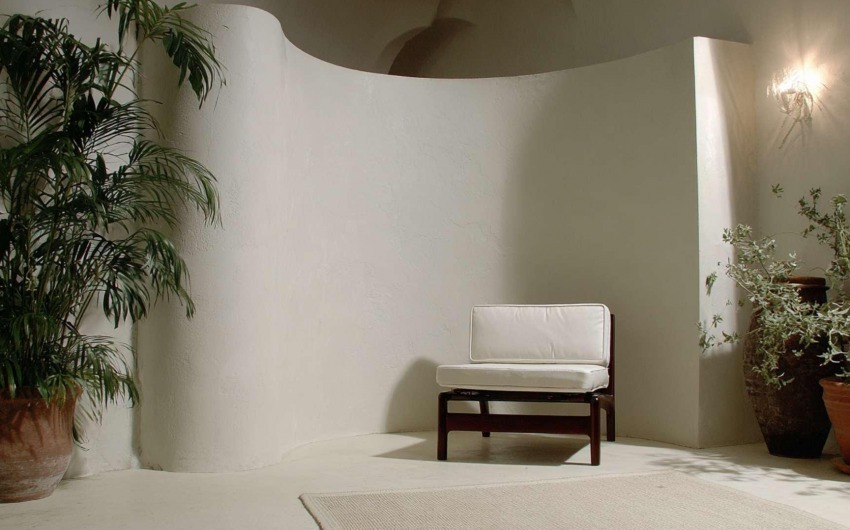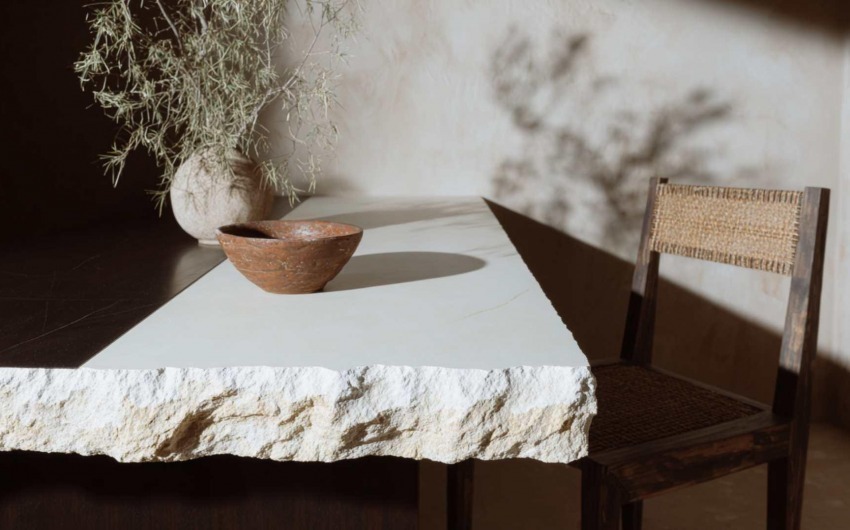8/30/2024
What Are Virtual Reality and Augmented Reality?
Virtual reality is a technology that creates a fully immersive digital environment, allowing users to explore and interact with a virtual space. Augmented reality, on the other hand, overlays digital elements onto the real world, enhancing the perception of the surrounding environment.
Advantages of VR and AR in Interior Design
Realistic Visualization: These technologies allow users to see how furniture and decorative elements will look within a space before making purchases. This reduces the risk of errors and disappointments.
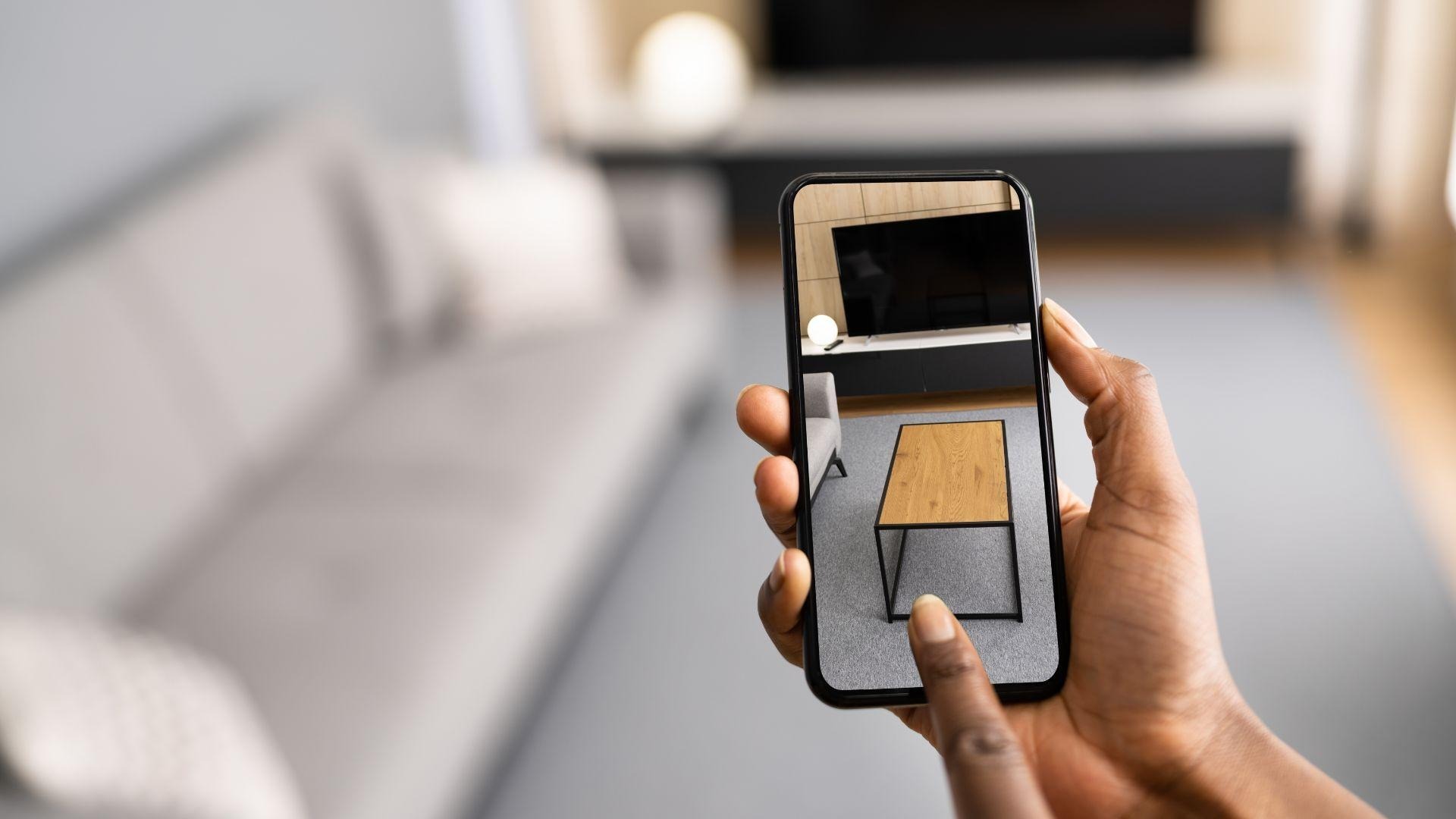
Immersive Experience: VR enables users to "walk" virtually through a project, providing a deeper understanding of proportions and layout. This is particularly useful for complex or large-scale projects.
Customization: With AR, it is possible to try different combinations of colors, materials, and layouts in real-time, facilitating more informed and personalized decisions.
Efficiency and Time Savings: These technologies can speed up the design and approval process, reducing the need to create physical prototypes or make multiple revisions.
Facilitated Collaboration: VR and AR allow designers, architects, and clients to collaborate more effectively, sharing visions and feedback in real-time.
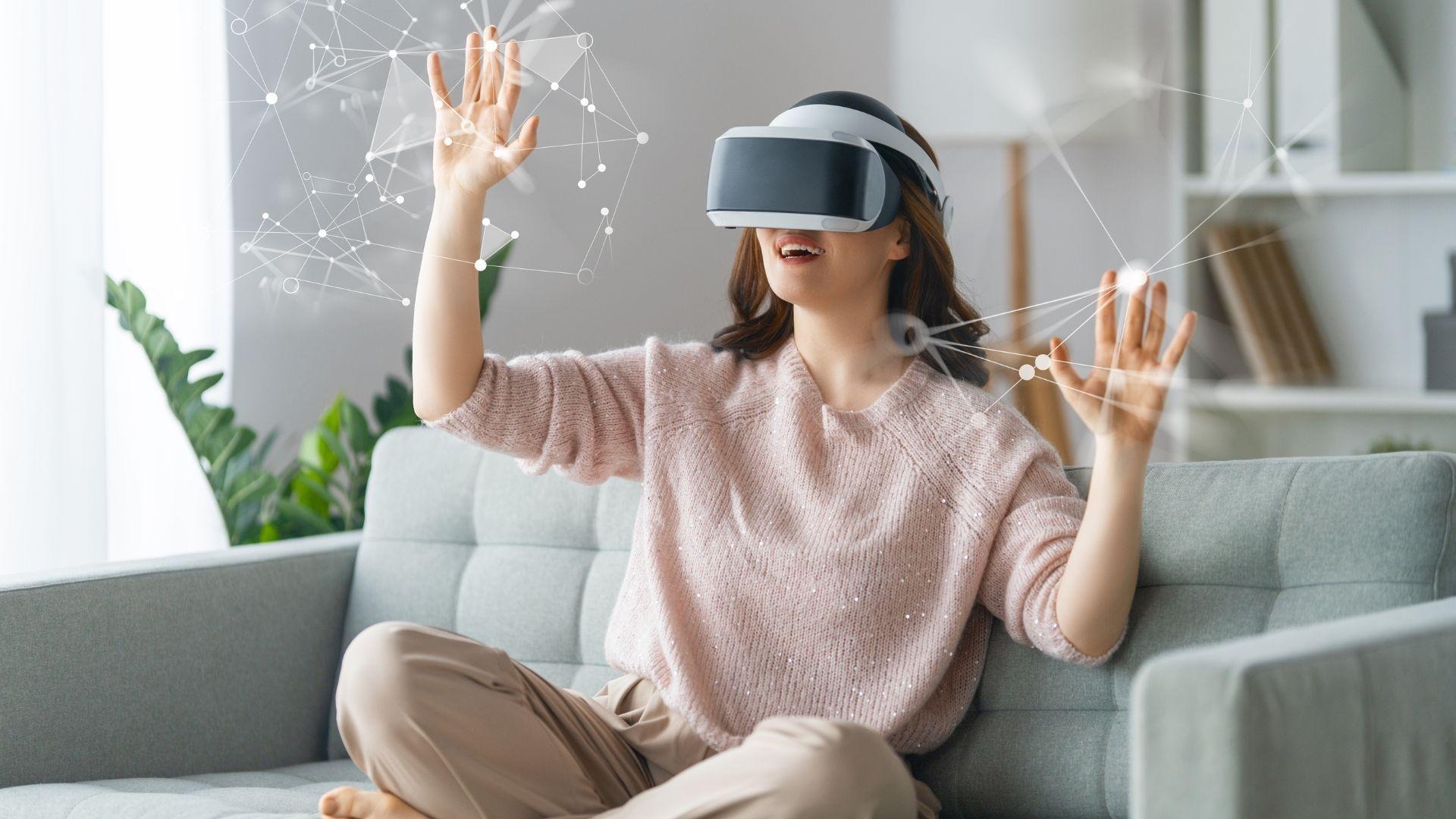
Practical Applications
Virtual Showrooms: Many furniture stores offer virtual showrooms where customers can explore and customize furniture from the comfort of their homes.
Augmented Reality Apps: Applications like IKEA Place allow users to see how furniture fits into their home spaces using their smartphone camera.
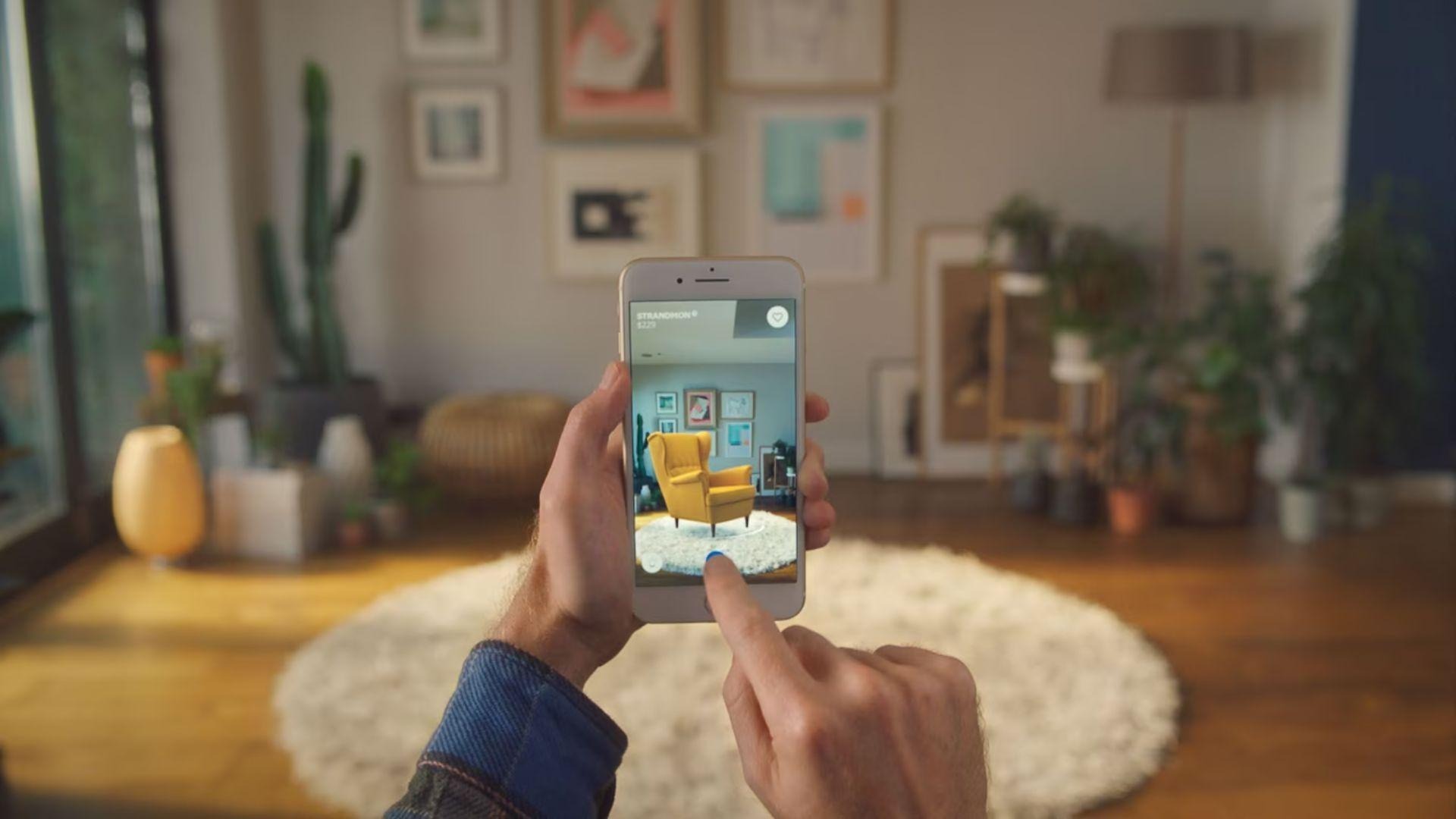
Design Software: Tools like SketchUp and HomeByMe integrate VR and AR functionalities to help designers create and modify projects with greater precision and creativity.
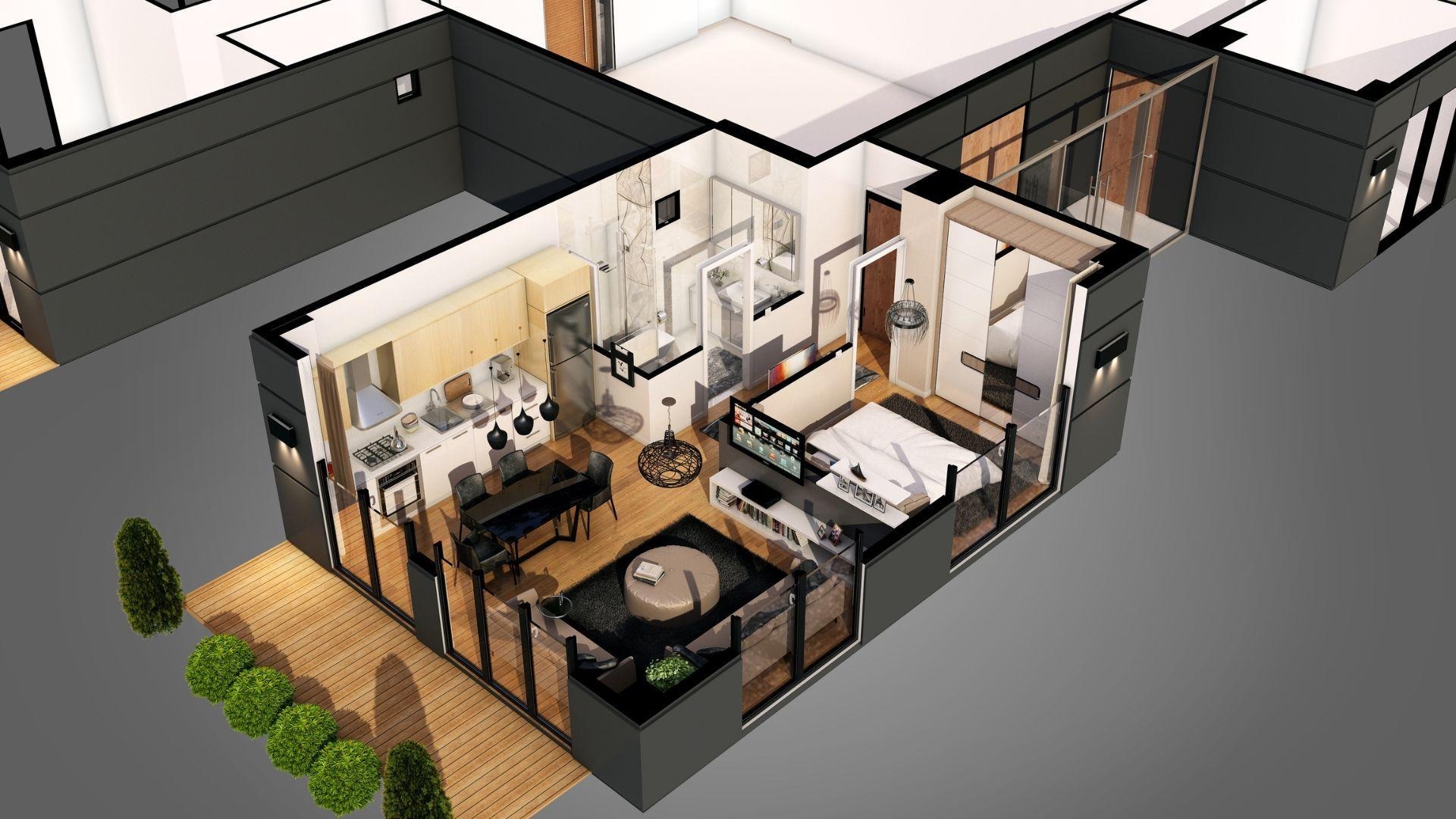
Immersive technologies like virtual reality and augmented reality are revolutionizing the way we design and visualize interior spaces. Offering realistic visualizations, immersive experiences, and greater customization, these technologies make the design process more efficient and engaging. Leveraging these innovations can lead to better results and higher client satisfaction.
_14077b47db_23.jpg)
Interior Designer since 1985
CEO & Founder, Italian Design in the World
